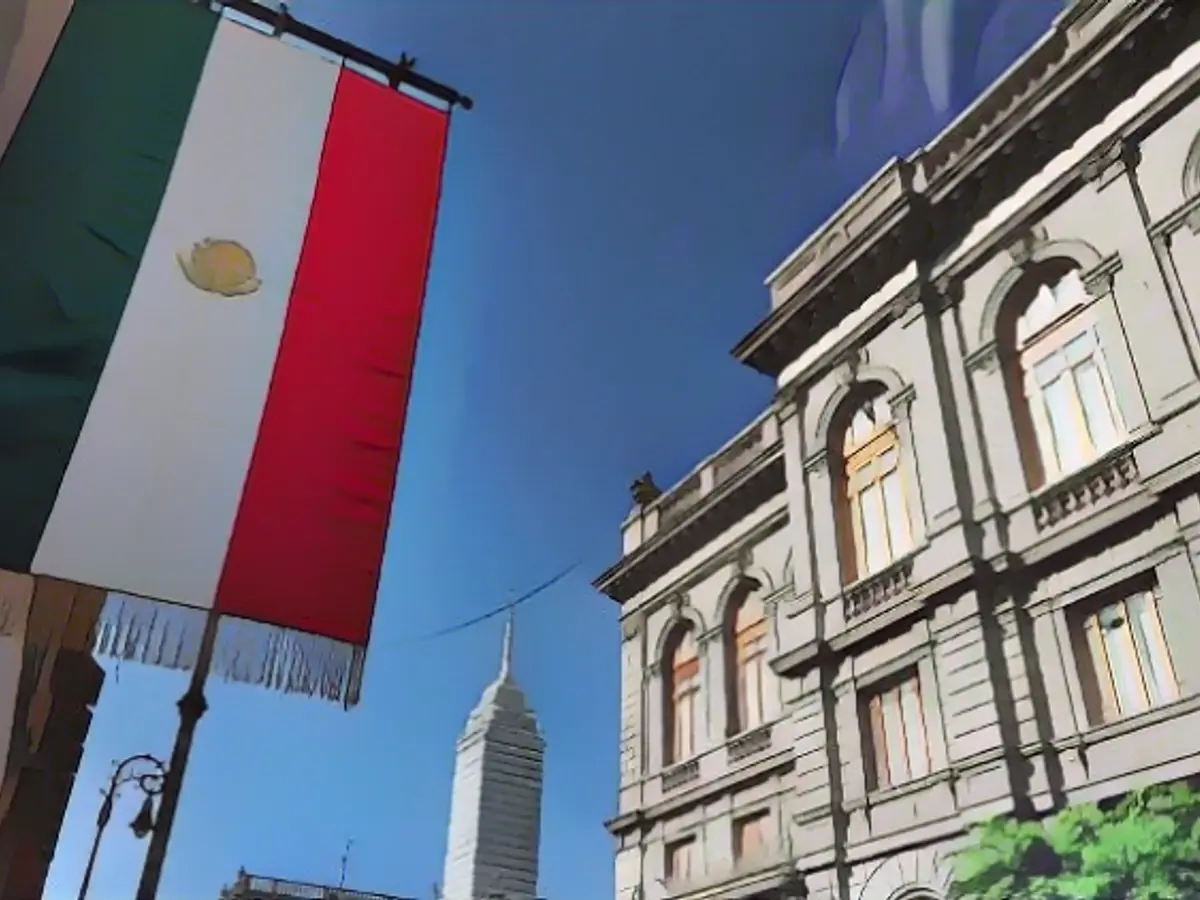Voting Process - Post-Elections South Africa: ANC Facing Pressure
The growing discontent of South Africans is evident in the recent parliamentary elections results. For the first time in 30 years, the ruling party, African National Congress (ANC), has lost its majority position. Forming a coalition government may not be a walk in the park. Moreover, there is increasing worry about political instability.
For the first time post-election, the ANC decided to communicate in the morning. Secretary-General Fikile Mbalula held a press conference, stating, "There's nothing to celebrate." According to the electoral commission, with 99.91% votes counted, the ANC had 40.21% - a significant drop of about 17% compared to the 2019 parliamentary elections.
Mbalula expressed the message clearly. "We want to assure the South African people that we've heard them, their concerns, frustrations, and dissatisfaction." This marks the historical moment when the party of former anti-apartheid fighter Nelson Mandela will no longer rule alone.
Creating a stable and effective government for crucial economic and social transformations is the ANC's current aim. The party will engage in talks with potential coalition partners who can contribute to an agenda for change in the future days. Mbalula did not mention any specific alliance partners.
Notably, the ANC, despite receiving the most votes, is short of a majority. Time is of the essence, and within 14 days following the official results announcement (due on Sunday evening), the newly elected 400 parliamentarians must form a government and select a president.
Potential coalition partners are the economically liberal Democratic Alliance (DA), which tallied 21.78% of the votes; uMkhonto we Sizwe (MK), with 14.58%; and the Marxist-oriented Economic Freedom Fighters (EFF), at 9.51%.
Mbalula refuted rumors about President Cyril Ramaphosa's resignation, citing unrealistic expectations. "We knew we were in trouble. It wasn't a surprise."
The ANC's substantial loss of power is attributed to weakened leadership by the government, according to political commentators. The country of approximately 61 million citizens has been grappling with a sluggish economy, rampant unemployment, widespread corruption, deteriorating state-owned enterprises, and an underperforming healthcare and education system for years. During his presidency from 2009 to 2018, Zuma and his party damaged the state through corruption and cronyism. Despite promising change during Ramaphosa's leadership, the problem persisted.
Many voters switched sides to the MK surprisingly, analysts observed. Zuma, often referred to as the "Donald Trump of South Africa," is a well-liked politician, especially in his home province of KwaZulu-Natal. The MK barely missed achieving an absolute majority with 45.91% of the votes at the provincial level.
Zuma, freed from a 15-month prison sentence for contempt of court, shared rhetoric on Saturday evening in Johannesburg, the financial epicenter. He requested a rerun of the election, citing significant electoral manipulation but furnished no evidence to support his claims. The electoral committee's announcement of the official result on Sunday evening was challenged by Zuma.
The ANC, political commentators, and local media interpreted Zuma's declaration as a threat. The veteran politician is known for his ability to gather large crowds swiftly, making him a populist and instigator of disorder. After serving a 15-month sentence for contempt of court in 2021, protests, looting, and property damage occurred in South Africa, resulting in over 300 fatalities.
Mbalula implored South Africans to respect the democratic election rules and resist efforts by those intent on sabotaging the electoral processes. "We in the ANC will not tolerate any threats to democracy," he stated.
The unfolding events in South Africa are critical not just to the region but also to Europe and Germany. As the country with the most significant economy on the continent, South Africa remains important for Europe's energy transition strategy. It serves as the "gateway to Africa" and is politically and economically influential. Given its vital role in the continent, the composition of the new government will have ramifications globally.






